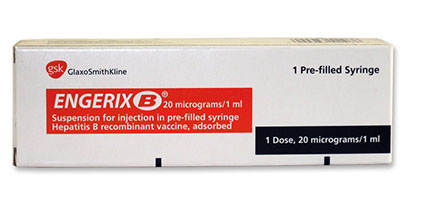Email enquiries@travel-doc.com
Email enquiries@travel-doc.com
Hepatitis B Travel Vaccination affects up to 10% of people in SE Asia, sub-Saharan Africa and South America.
This viral disease is incurable and can lead to liver cirrhosis and liver cancer.
Vaccination is the most effective way to reduce the risk of acquiring this infection.
Accidents abroad are more common than you might think.
Sterile medical kits are available at TravelDoc™ free of charge.
The hepatitis B virus is transmitted through contact with blood or body fluids from an infected person. It is a sexually transmitted disease and also a disease transmitted by contaminated needles and medical equipment.
The risk of infection may increase with certain behavior and activities, particularly if you are a frequent or long term-traveler.
Expatriates, those traveling for medical reason or with medical conditions and those visiting friends or relatives are also at increased risk of infection, especially in countries where hepatitis B is highly prevalent (such as South East Asia).

The ENERGIX-B vaccincation
This vaccination is given as a course of three vaccines over 6 months, however it can be given in an accelerated manner for those requiring more expeditious cover. In this case it can be given on days 0,7 and 21, with a booster dose after one year.
The vaccine is not live and is therefore well tolerated.
A junior vaccine is available to children.
For those that need to prove immunity against Hepatitis B, an antibody blood test can be arranged from six to eight weeks after the last dose is given. This will show whether cover is adequate or whether a further booster is required.